The Essays of Arthur Schopenhauer
The Essays of Arthur Schopenhauer
On Human Nature
Book Excerpt
n that many a spendthrift, on the other
hand, loves spending and squandering for no better reason. Friendship
with a miser is not only without danger, but it is profitable, because
of the great advantages it can bring. For it is doubtless those who
are nearest and dearest to the miser who on his death will reap
the fruits of the self-control which he exercised; but even in his
lifetime, too, something may be expected of him in cases of great
need. At any rate one can always hope for more from him than from the
spendthrift, who has lost his all and is himself helpless and in debt.
_Mas da el duro que el desnudo_, says a Spanish proverb; the man who
has a hard heart will give more than the man who has an empty purse.
The upshot of all this is that Avarice is not a vice.
On the other side, it may be said that Avarice is the quintessence of all vices. When physical pleasures seduce a man from the right path, it is his sensual nature--the animal part of him--which is at fault. He is carried away by its attracti
Editor's choice
(view all)Popular books in Essays, Philosophy
Readers reviews
4.0
LoginSign up
This book is in the public domain, so you can download it legally for free from several sites on the web. Arthur Schopenhauer was a German philosopher who lived from 1788-1860; he was influenced among others by Plato and Immanuel Kant, and in his turn influenced Friedrich Nietzsche, Ludwig wittgenstein, Thomas Mann and others. Schopenhauers work is known for its pessimistic views and beautifully written essays. If you like reading philosophy -or would like to try it- then I can recommend reading some of Schopenhauers essays.
This volume contains some essays that were first published in Schopenhauers 'Parerga und Paralopomena' (1851). The printed version of this volume has 101 pages. The contents of this volume:
HUMAN NATURE
GOVERNMENT
FREE-WILL AND FATALISM
CHARACTER
MORAL INSTINCT
ETHICAL REFLECTIONS
As a sample I copy the second paragraph of the second essay ('Government') below:
[...]
The man who starts from the preconceived opinion that the conception
of Right must be a positive one, and then attempts to define it, will
fail; for he is trying to grasp a shadow, to pursue a spectre, to
search for what does not exist. The conception of Right is a negative
one, like the conception of Freedom; its content is mere negation.
It is the conception of Wrong which is positive; Wrong has the same
significance as _injury_--_laesio_--in the widest sense of the term.
An injury may be done either to a man's person or to his property or
to his honour; and accordingly a man's rights are easy to define:
every one has a right to do anything that injures no one else.
[...]
This volume contains some essays that were first published in Schopenhauers 'Parerga und Paralopomena' (1851). The printed version of this volume has 101 pages. The contents of this volume:
HUMAN NATURE
GOVERNMENT
FREE-WILL AND FATALISM
CHARACTER
MORAL INSTINCT
ETHICAL REFLECTIONS
As a sample I copy the second paragraph of the second essay ('Government') below:
[...]
The man who starts from the preconceived opinion that the conception
of Right must be a positive one, and then attempts to define it, will
fail; for he is trying to grasp a shadow, to pursue a spectre, to
search for what does not exist. The conception of Right is a negative
one, like the conception of Freedom; its content is mere negation.
It is the conception of Wrong which is positive; Wrong has the same
significance as _injury_--_laesio_--in the widest sense of the term.
An injury may be done either to a man's person or to his property or
to his honour; and accordingly a man's rights are easy to define:
every one has a right to do anything that injures no one else.
[...]
- Upvote (0)
- Downvote (0)
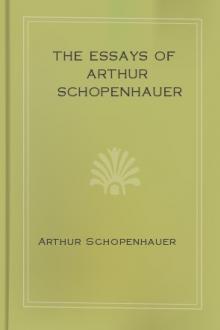
 Free Download
Free Download















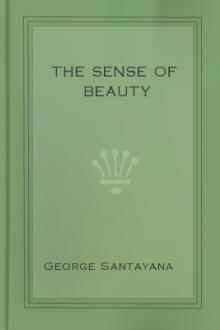


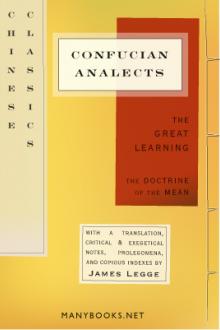
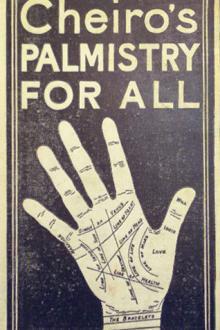
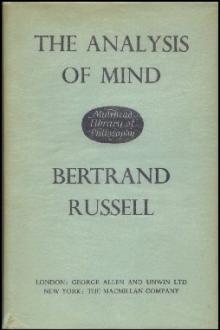
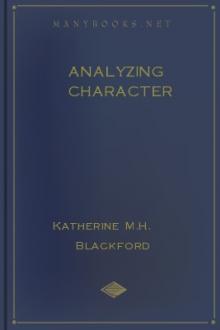

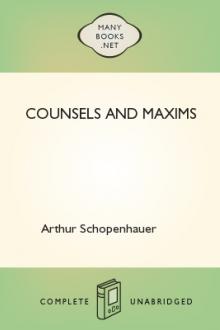
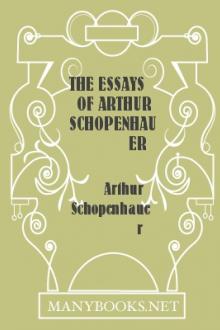
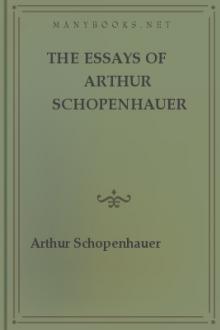
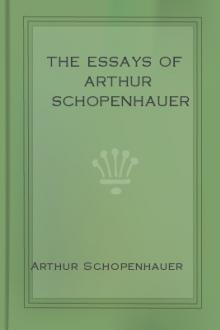
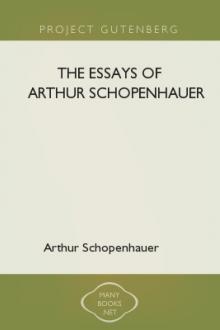
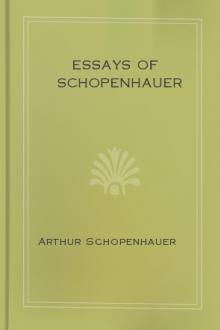
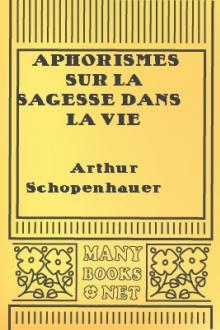

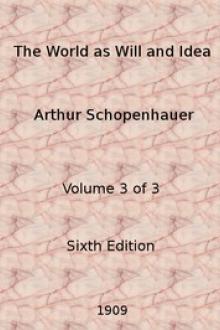
-itok=vcKIB5v1.jpg)
